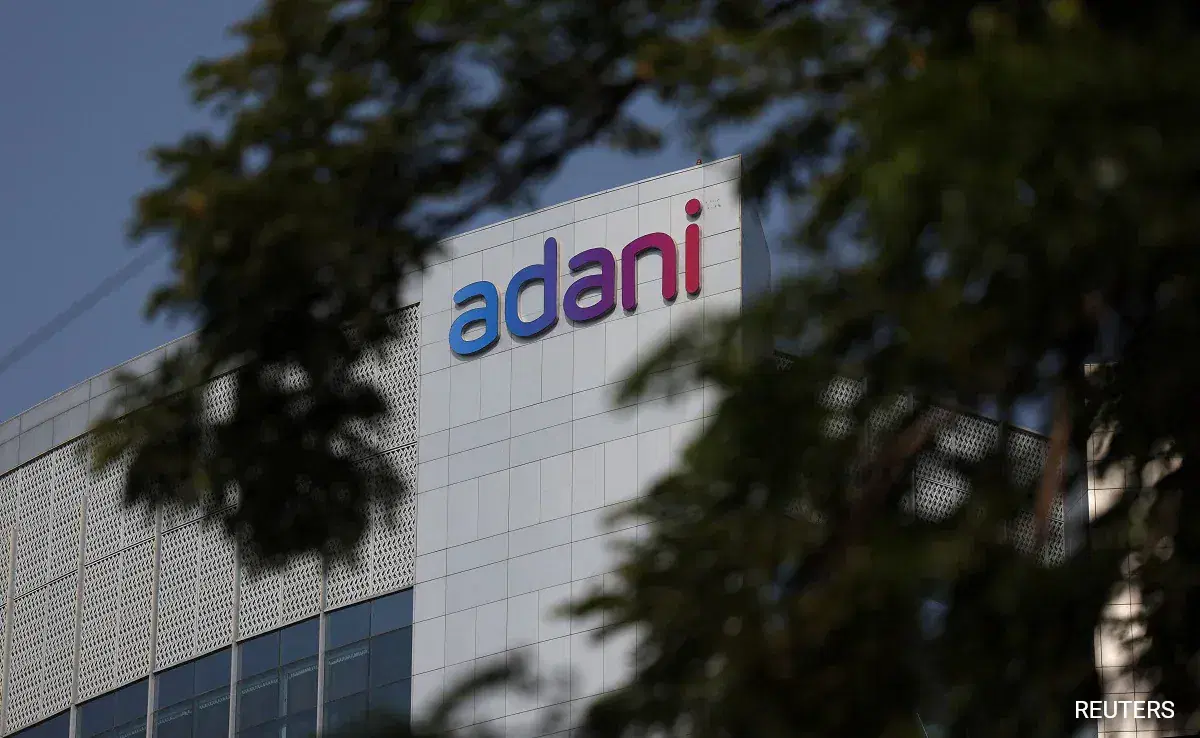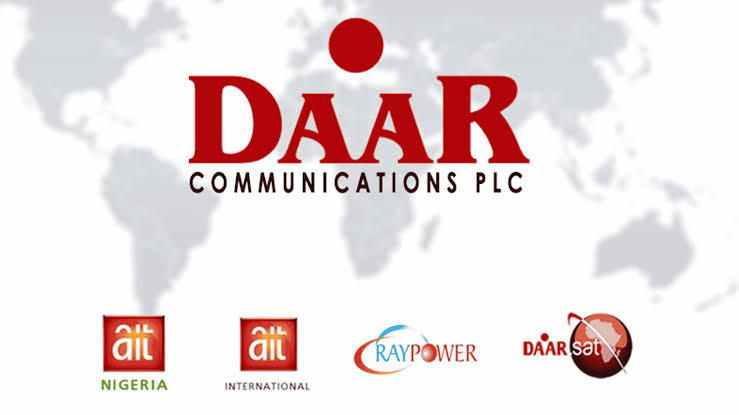The Nigerian government has been cautioned by a professor of capital markets, Uche Uwaleke, against continuing to exceed the permissible cap on how much money it can borrow from the Central Bank of Nigeria, as specified in the CBN Act.
According to The Whistler, Nigeria’s overall debt has increased by 32.5%, from N46.25 trillion ($103.1 billion) to N68.9 trillion ($153.7 billion), as a result of the Central Bank’s failure to manage the Federal Government’s borrowing well enough.
The legislators have authorized the Debt Management Office to issue the N22.7 trillion ($50.6 bn) Ways and Means as a 40-year bond.
DMO wrote, “Tenor: Forty (40) years Moratorium (on Principal only): Three (3) years Interest Rate: 9% p.a. Repayment: Amortizing over thirty-seven (37) years
“The Federal Government of Nigeria will issue the Securities to the Central Bank of Nigeria, the FGN will not issue the Securities to the general public in order to raise money.
Regarding the advantages, the Debt Office stated that the securitized Ways and Means Advances will now be included in the public debt statistics, improving debt transparency.
As the new interest rate is 9% per year as opposed to the Monetary Policy Rate plus 3%, which corresponds to 21.0% per year (MPR – 18.0% + 3%) now levied on the Ways and Means Advances, it will lower the cost of debt service.
Uwaleke believes the change would free up resources that could be used in areas that are more productive.
“It’s also important to note that the fear that the Securities will crowd out the private sector is no longer present since the Securities will only be taken up by the CBN and not the public.
Furthermore, “it creates a problem with debt transparency. Prior to this point, CBN’s Ways and Means were not included in the public debt stock that the Debt Management Office reported. It would be transparent to include it in the country’s public debt through securitization.
“However, given the negative impact on the overall price level, it is critical that proper safeguards are implemented moving ahead to guarantee that the CBN’s Ways and Means are limited.”
The expert advised that relevant articles of the CBN Act should explicitly outline the circumstances in which debt limits may be exceeded, the procedure that must be approved by the National Assembly, and the harsh penalties that apply when those conditions are not met.











